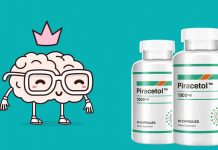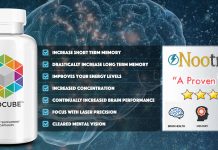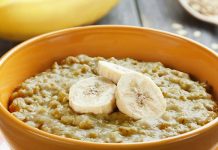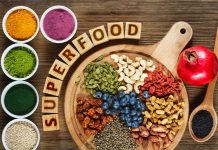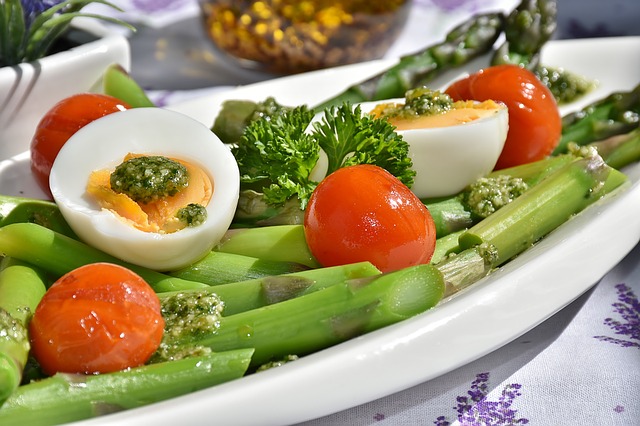
There is always that one kid in class, or in the family, who seems to know all the answers and gets straight A’s throughout, while the rest of us look on with admiration (and envy). So how do they manage to make their brains function so well? It could be a lot of reasons, but it is also because they give their bodies and brains good, wholesome, healthy food to eat.
What we eat and drink plays a huge role in how healthy we are, and how effectively our brain functions. Research has proven that by eating right, you reduce the chance of developing dementia, Alzheimer’s and other conditions related to cognitive decline.
Want to get your brain cells functioning better? Well, here are 10 food items that you should include in your diet to keep your brain working as sharp as ever:
Eggs: The ultimate healthy start to your day. Eating an egg for breakfast gives you the energy, and fuels your brain to function better throughout the day. Eggs contain choline, an important Vitamin B, which is essential for memory improvement. A research conducted at the Boston University which tracked the diets of around 1,400 healthy adults for nearly 10 years, found that those who consumed eggs daily, and thereby choline, performed better on certain memory tests, than those who didn’t.
So, the next time you start feeling that your memory is not what it used to be, it’s time you started adding eggs to your diet. Whether boiled, fried, poached or made in a curry, this versatile food is delicious, and packs a punch when it comes to goodness.
Olive oil: Extra-virgin olive oil has been known to protect the brain from Alzheimer’s. According to a study by the Temple University Health System, the olive oil in Mediterranean cuisine, helps protect memory and learning abilities, and reduces the formation of two types of lesions in the brain – amyloid-beta plaques and neurofibrillary tangles, which are linked to Alzheimer’s.

Pumpkin seeds: Packed with omega 3 and Omega 6 fatty acids, pumpkin seeds are the perfect brain food to stave you off hunger pangs, and get your brain cells working. Pumpkin seeds are also known to be a rich source of magnesium, which has a calming effect on the brain.
Tomatoes: A staple part of most diets, these essential kitchen fruits contain two powerful carotenoids, or antioxidants – lycopene and beta-carotene. These help to protect the brain cells from free radical damage which is linked to diseases such as Alzheimer’s and dementia. While cooking reduces the nutrients in many other food items, in tomatoes it actually increases lycopene, as it is released from the vegetable fiber.
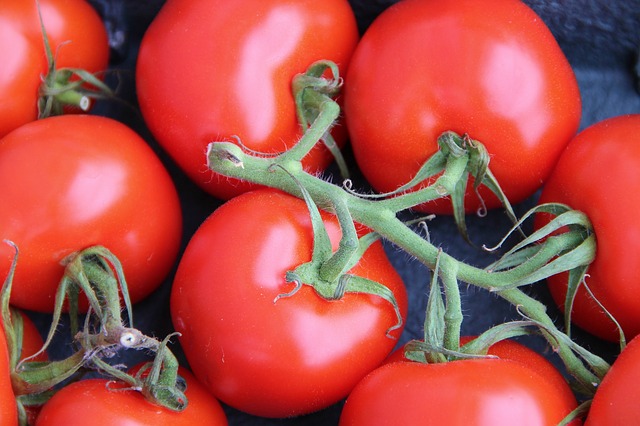
Fish: A study carried out by researchers at the University of Edinburg on pensioners in Scotland, revealed that those who consumed a Mediterranean diet, which consisted of fish, fresh fruits and vegetables, had lesser brain shrinkage and healthier brains than those who followed alternate diets. Fish, especially the oily varieties, contain omega – 3 fatty acids which are vital for brain development, hence giving it the name the ultimate brain food.
Wild salmon, trout, sardines, mackerel and tuna are all rich in omega-3 fatty acids, which include the important docosahexaenoic acids (DHA). Fish is also loaded with essential amino acids, which are needed to construct neurotransmitters in the brain, enabling it to communicate with the rest of your body. The body does not build these essential amino acids on its own, hence, you need to supply it through the food you eat.
Apples: Beyond the age-old saying that an apple a day keeps the doctor away, apples have also proven to be beneficial for your brain. That is because, according to a study by researchers at Cornell University, apples are a major source of quercetin – a plant-based flavonoid antioxidant which plays an important role in fighting free radical damage, that causes cognitive decline. However, since most of the quercetin is packed into the skin of the apple, you may want to eat it with the skin on.
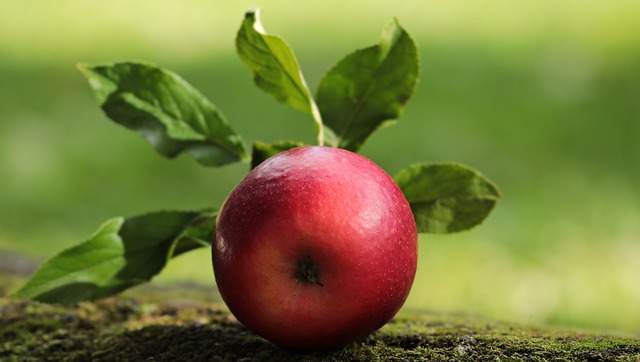
Nuts: These must be your go-to snacks when you are hungry. Not only do nuts such as almonds, walnuts, hazel nuts and pistachios keep you satiated and energized, they are also known to be good sources of Vitamin E and high in folate, a mineral that’s essential for brain development. Vitamin E intake has been linked to halting the decline of cognitive memory, which may come during old age. Peanuts are also a good source of niacin and studies have shown that niacin deficiency may be linked with higher incidences of cognitive decline and Alzheimer’s.
Also Read: Powerful diet pills Unique Hoodia >>
Broccoli, cabbage and cauliflower: Cruciferous vegetables such as cauliflower, cabbage, Brussel sprouts and broccoli contain carotenoid antioxidants called lutein and zeaxanthin, which are known to be able to accumulate in the brain and provide it with protection against free-radical damage and age-related cognitive decline. These vegetables are also rich in Vitamin K, which helps improve cognitive function. Broccoli also contains sulforaphane, a chemical which helps to keep the brain sharp and fight against deterioration, which leads to illnesses such as Alzheimer’s.
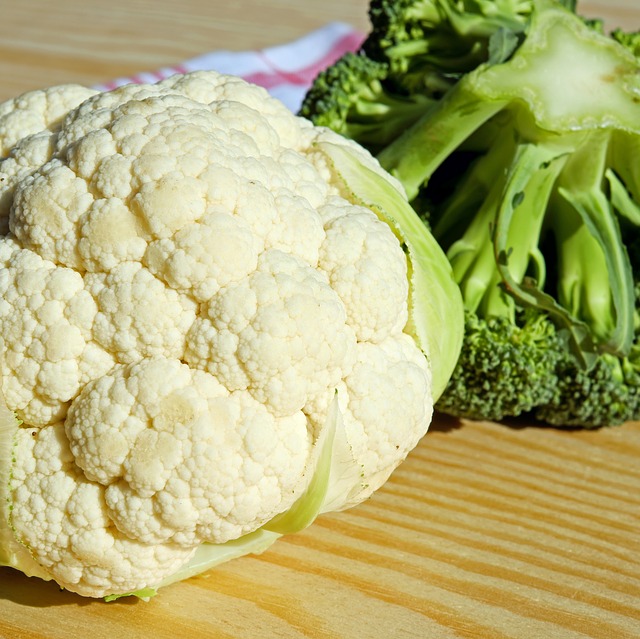
Spinach: According to research published in the Journal of Neuroscience, regular consumption of spinach has been found to have a positive effect on the brain health of animals, by reducing cognitive decline, oxidation stress and ageing. Hence by adding just a cup of spinach, or other green leafy vegetables such as kale or chard, you would be providing much fuel for your brain. If you don’t like eating it raw, you can add it to your smoothie, fried eggs, soup or meat or use it as a pasta sauce or pizza topping.
Blueberries: A study carried out at the Reading University has shown that people who take a bowl of blueberries in the morning for breakfast are more active and have better concentration powers in the afternoon. Blueberries are packed with anti-oxidants (in fact they contain the highest amount of antioxidants among all fruits and vegetables) and phytochemicals, which help in memory improvement, aid thinking ability and helps to prevent problems such as short term memory loss. They are also low in calories, reduce DNA damage, help maintain weight and are good for the heart. No wonder they are called super fruits!
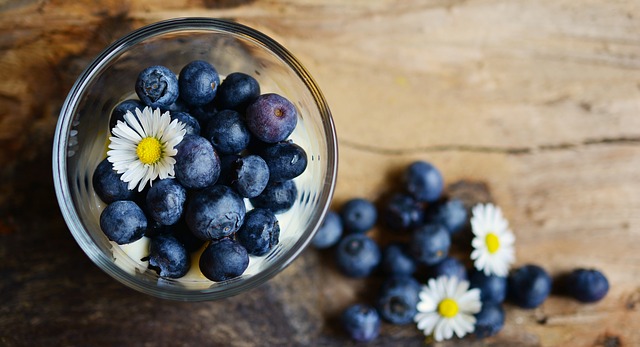
Also read: Unique weight loss supplement Garcinia Cambogia Extra >>
*Written by Emily Connor, a content contributor at Dissertation Help.







